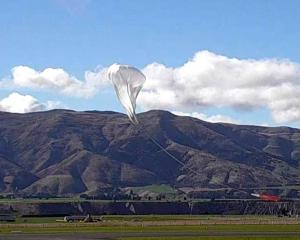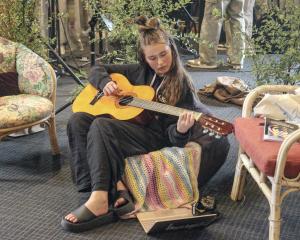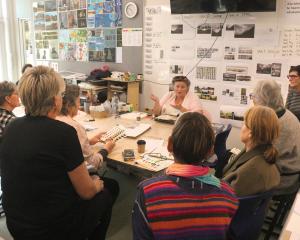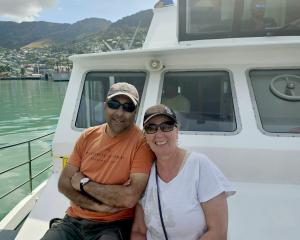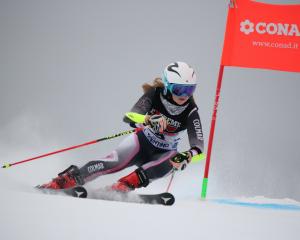
Wanaka businessman James Elvery and fellow professional triathlete Dylan McNeice, of Christchurch, have designed technology which can detect drafting during the bike leg of long-distance triathlons.
Drafting is when an athlete gains a benefit from resting in the slipstream of the person in front. It is legal in some forms of triathlon, but is banned in ironman, long-distance events and para wheelchair racing.
Called the Race Ranger, it works by attaching two devices at the back and front of the bike which send a series of warning signals as the cyclist approaches and enters the drafting zone.
Last year, the pair successfully raised $180,000 in capital and a trial run of 50 have been manufactured in China.
Mr Elvery, who is also the project manager, said he was now getting ready to test the devices in March.
"We were going to use them for Challenge Wanaka but they’ve cancelled the professional field. The best group to trial them is the professional field because there are usually only about 15 ... so we will now be testing them at Ironman New Zealand, which is the first weekend in March," he said.
If discussions go well at Ironman NZ, the next goal was to make enough devices to take to other large events organised by Ironman, Challenge Group, and the International Federation of World Triathlon.
Race Ranger was also talking to the Professional Triathletes Organisation.
Alongside the devices, an app was being built to used by race referees and officials, which had the potential to replace the current paper-based system of recording rule breaches.
A tracking element was also being introduced.
Mr Elvery said most triathletes did not intentionally set out to draft and could get quite anxious about being accused of cheating and receiving time penalites.
Race Ranger should remove that anxiety and give athletes a clear signal about when to begin overtaking, he said.
"As an athlete you know you shouldn’t do it but it is hard to avoid ... You don’t know if they [referees] will judge you."
It would also help referees identify the worst offenders.
"If you are actively trying to avoid it, you should not show up on the worst-five list," he said.
Race Ranger employed two postgraduate software engineers from Canterbury University to write the software, and Christchurch company I.L.R Electronics built the hardware.
Queenstown company 4Design has worked on the shape of the device and its enclosure.
Mr Elvery works part-time on the project while juggling a full-time job as a bicycle sales representative.
He and his wife, Tatiana, are also raising three children under 5.



